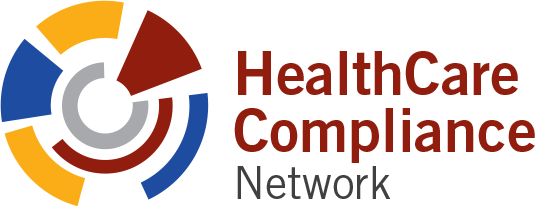The innumerable horror stories related to payer audits have given rise to a new trend of undercoding, by intent! Many providers would rather be safe than sorry, all in the name of keeping their good names off the radar. However, undercoding can backfire, resulting in negative ramifications that can, and should be avoided at all costs.
To preface the discussion, the golden rule of coding is, and always will be, to code to the highest specificity. The payers don’t want you to lowball – they want the most accurate code which reflects the service performed. Without that, they cannot effectively rate policies, understand the risk burden, accurately set premiums, etc.
An undercoding error is still an error, and it will be graded as such in the event of an audit. That’s important because an unacceptable error rate will keep you on the radar, even if it’s due to undercoding. A high error rate can give rise to prepayment audits resulting in your having to send the chart notes in before getting paid. This can be a considerable burden and expense to your practice. And, if that error rate doesn’t improve, it could trigger a larger scale audit or investigation into your practices’ billing policies and procedures. From there, who knows.
Plus, it’s worth reiterating the adage that too much of anything is bad. Audits are often triggered by aberrant billing distribution patterns by CPT code. If you submit an abnormal number of claims with lower-level codes it is, in effect, no better than generating an abnormal volume of high-level codes. It implies that something is not right because you are outside the norm. This leads to the audits, which open the floodgates.
Finally, undercoding obscures the true cost of doing business. If you intentionally bill a lower valued procedure code because the most accurate procedure code is problematic in getting paid, the net result is essentially a misrepresentation of your fees. You’re saying: the $3,000 procedure you should have billed for is only worth $2,000. That’s not the same as waiving co-payments and deductibles, but the analogy isn’t far off.
All these are among the many reasons everyone must have a system of checks and balances, best applied by billing professionals or coders who understand all the nuances, and who will help you bill accurately for the work you do.

